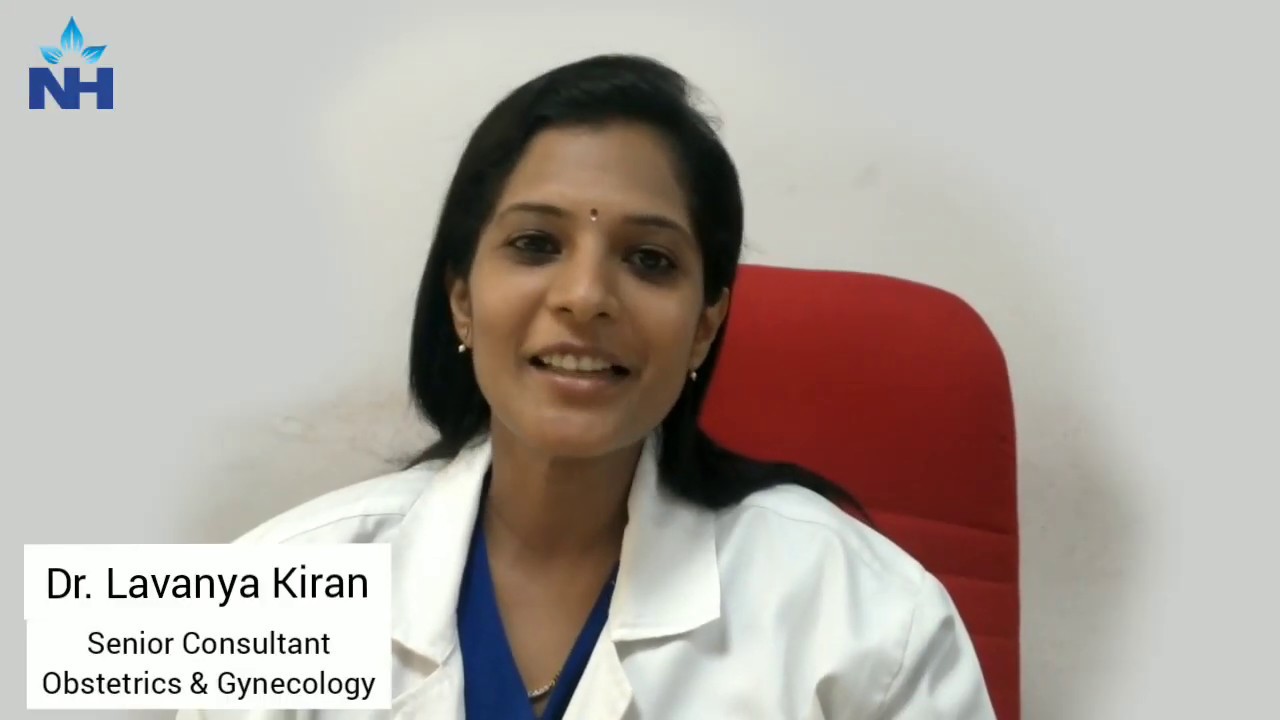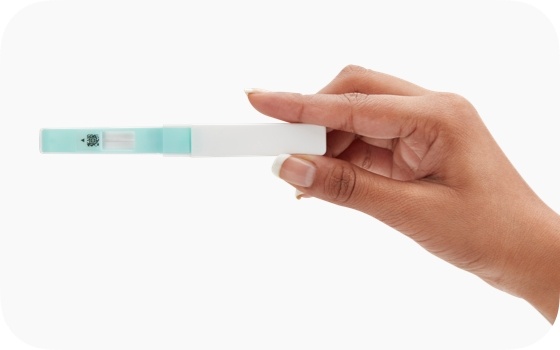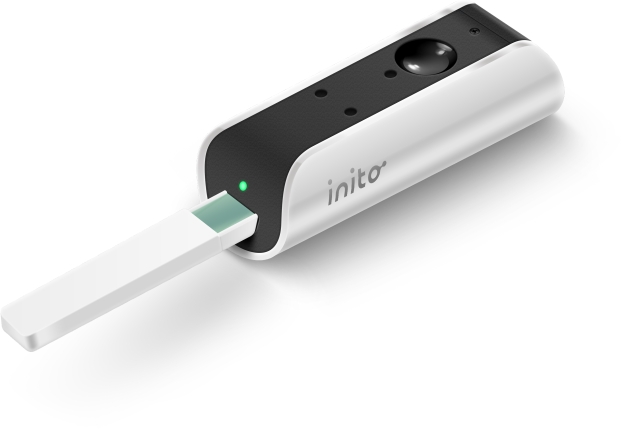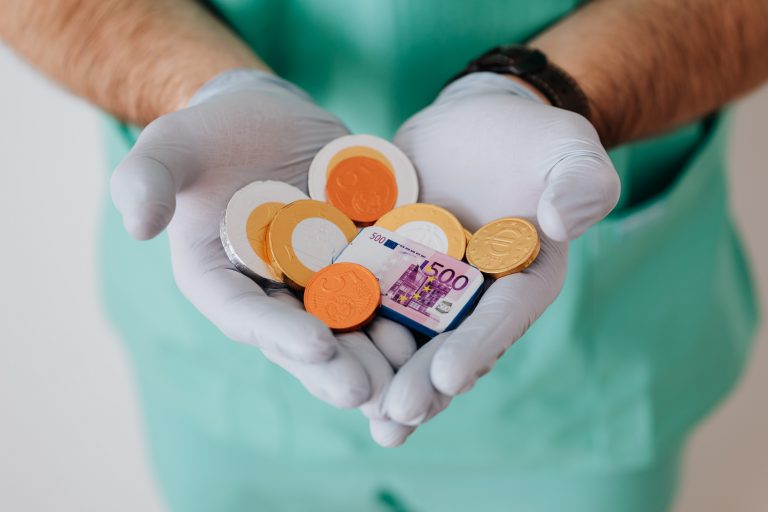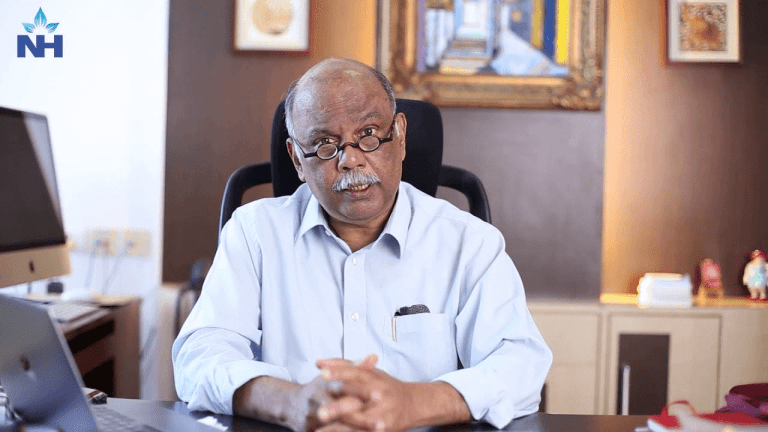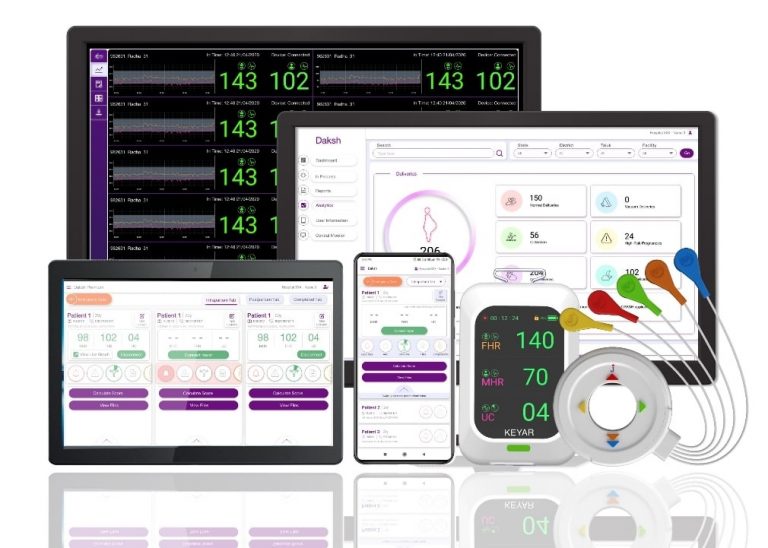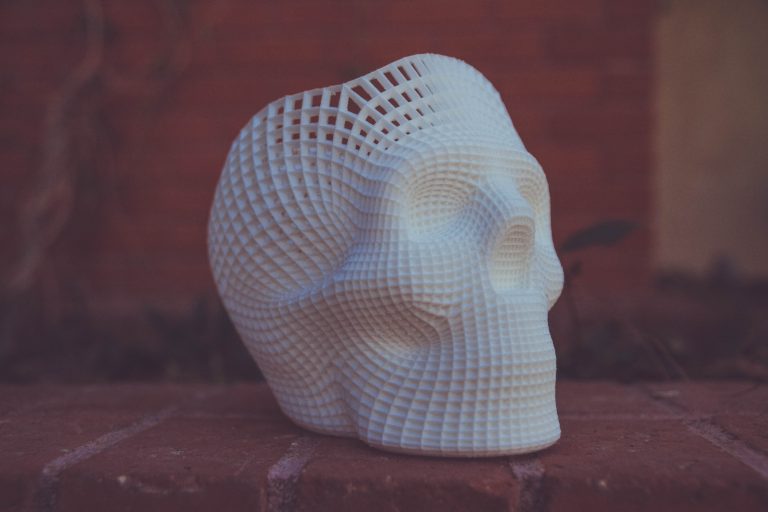Clinicians role in contributing to MedTech Innovations
An interview with Dr. Lavanya Kiran on her journey and experiences
Medicine is a calling, not a profession. Those of us who have dedicated our lives to the practice of healing know just how true these words ring. For some of us, the calling is innate. It’s something that we’ve always known that we wanted to do. Others may have come to the profession later in life, after being inspired by a particular incident or outcome. But whether you’re a practitioner with decades of experience or an intern who has just begun their residency, all of us share in a truly extraordinary mission.
Impact of hackathons in my journey
While my experiences as a doctor have been invaluable, they also drove me to research new methodologies and techniques applied to the field. And the one area that truly caught my eye was robotics. The potential applications of robotics in medicine were immense and ultimately led me to train in robotic surgery at Amrita Institute of Medical Sciences, Kochi.
My experience here opened my eyes to the potential impact of technology in reshaping modern medicine. My newfound enthusiasm for the topic was very evident and led some of my colleagues to suggest I enter the CAMTech-USAID Medical Hackathon. Although I was initially hesitant, I ended up offering 12 ideas on my first go. I was hooked. I started to study everything I could find about blending technology and healthcare. It ultimately led to me securing the runners-up title in the hackathon for my PEL-DIA instrument. The design was well-received, that I even ended up registering it for a patent.
Over the next couple of years, my interest in the field grew, and I started participating in accredited international hackathons. At the Hackathon at MIT Boston, I was recognized for ‘TO-U’ – a non-hormonal, minimally invasive, and permanent sterilization method. This passion also led to mentoring health-tech entrepreneurs in creating scalable solutions to various medical challenges. One such conversation led to meeting Aayush Rai and Varun AV, two eager young visionaries, in 2017.
Background of Inito
Although the duo is today known as the co-founders of Inito, in the early days, they were still trying to apply technology to solve infertility. It is a massive issue in India, and the number of couples who have trouble conceiving is the highest in the world. The potential solutions available at the time were follicular scans conducted in clinical setup or expensive imported home testing kits, none of which were even designed for women of South Asian descent.
Solution building
I was impressed by the founders’ passion and knowledge and agreed to assist them with their project. After a year of conceptualizing and iterating on a design, we launched the prototype. While Aayush and Varun brought their technical backgrounds and expertise to the project, I contributed my experience as a clinician. As a critical stakeholder in the process, my first role was to help them identify the issue they were trying to solve. As per my experience, though, I was aware that follicular scans through the vagina were a gold standard.
However, most of the patients were not comfortable with it, and there was quite some reluctance, which naturally demanded a new solution to the process. I also confirmed that many imported ovulation tests were not suited for Indian women and were instead calibrated to Western women’s hormone levels. This understanding, access to the mentoring on building an intuitive solution resulted in what we know today as Inito.
The other areas in which I was able to contribute were organizing and conducting a year’s worth of clinical trials for the standardization of data, the recruitment of patients to beta test the product, and discovering and refining the device’s problem areas based on customer feedback.
The Solution
Inito started with Ovulation Tracking, the first one in its suite of tests. Today the platform has the potential to carry out 30 different tests in a single device. The product has been recognized at various forums and has received multiple awards in design. The company has successfully served thousands of patients, and its solution has assisted them in conceiving.
On the mentoring received by Dr. Lavanya
Aayush Rai, Founder of Inito, share, ‘With her years of experience and deep understanding about fertility issues as well as patient behavior, Dr. Lavanya guided us define the requirements for the product. She assisted us with the scientific knowledge needed to build the fertility monitor and validate the product and receive feedback on ease of use for the Indian audience. Her expertise continues to help us identify conditions proactively using hormone data and help our users manage them.’
Inito’s suite of features continues to grow, and its Fertility Monitor is on the verge of being launched in the US and other markets around the world. Medicine is a calling – but it doesn’t have to be your only one.
About the author:
Dr. Lavanya Kiran is a Senior Consultant in the Dept of Obstetrics and Gynecology and in-charge of the Fertility Unit at Narayana Health Hospitals, Bengaluru. She is fascinated by and dedicated to the field of Obstetrics, gynecology, and the broader field of reproductive medicine
Subscribe to Newsletter
Recent Posts
- Bridging The Gaps Between Treatment and Diagnosis: The FastSense Approach
- Embedded Finance in Healthcare Industry in India: Collaboration with FinTech and MedTech Companies
- Thermaissance: Where Healthcare and Quality of Life Meet
- Case Study: TeraLumen
- Emerging new business models in the MedTech industry in India

